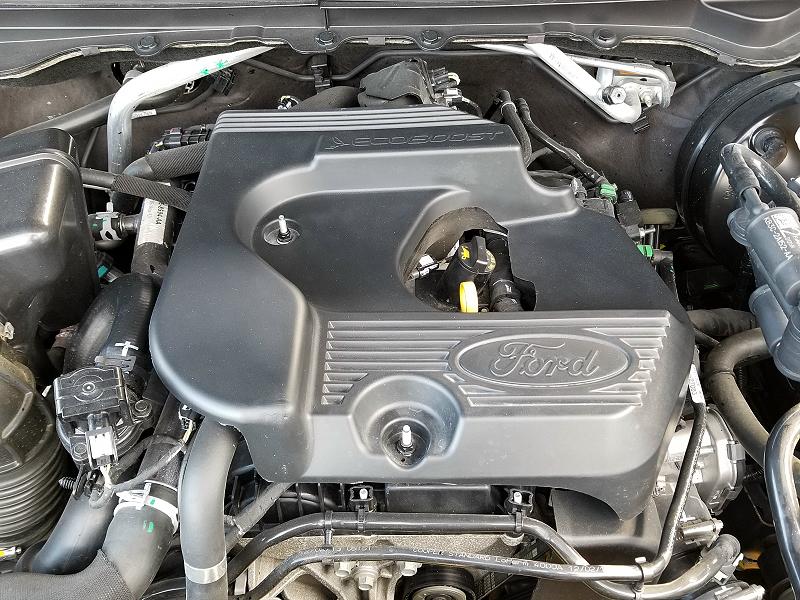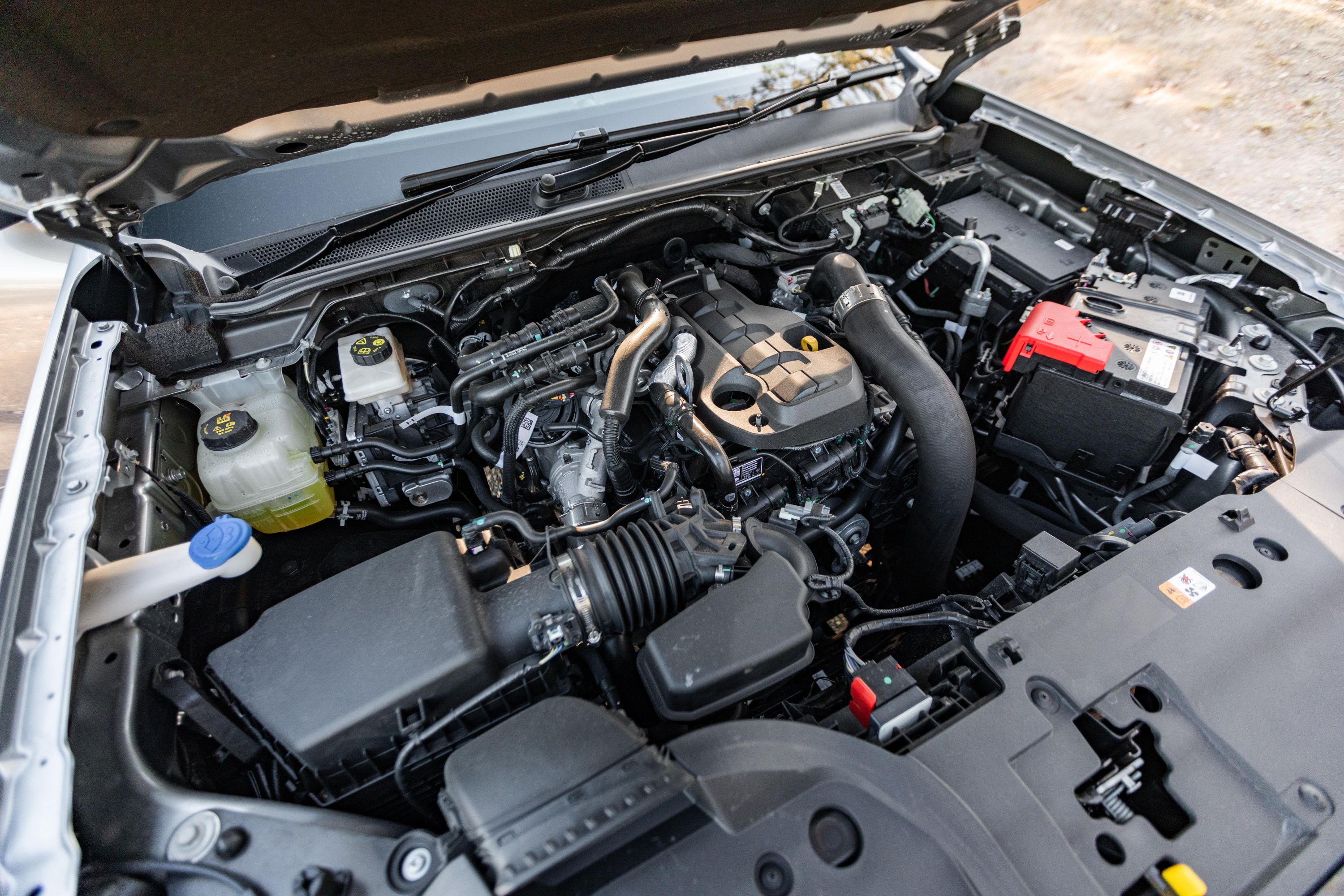How the 2.2 Ford Ranger Engine Stands Out for Durability and Power in Tough Conditions
How the 2.2 Ford Ranger Engine Stands Out for Durability and Power in Tough Conditions
Blog Article
What Makes an Automobile Engine Run Efficiently: Top Tips for Optimum Treatment
The smooth operation of a vehicle engine is basic to both efficiency and longevity, making ideal treatment a crucial duty for vehicle owners. What details steps should you prioritize to guarantee your engine remains in peak condition?
Routine Oil Modifications
Among the most vital facets of car maintenance is ensuring your engine obtains normal oil modifications. Engine oil lubricates internal parts, minimizes friction, and assists keep optimal operating temperature levels. In time, oil degrades because of warm, pollutants, and the natural results of burning, bring about reduced effectiveness and possible engine damages.
Most makers suggest altering the oil every 5,000 to 7,500 miles, but this interval can vary based on driving problems and oil type. Artificial oils may allow for longer intervals between modifications. Regular oil modifications not just enhance engine efficiency but additionally improve fuel performance, as tidy oil advertises smoother procedure.
Disregarding oil adjustments can lead to sludge accumulation, which impairs blood circulation and can result in serious engine issues. It is vital to check oil levels routinely and keep an eye on for any type of uncommon modifications in shade or consistency, which can suggest contamination or degradation.

Preserving Coolant Levels
Preserving proper coolant levels is vital for preventing engine overheating and guaranteeing optimal efficiency. The coolant, normally a blend of water and antifreeze, flows with the engine, soaking up heat and stopping thermal stress. Insufficient coolant can cause raised engine temperatures, which might create serious damages or even complete engine failing.
To preserve optimal coolant levels, regularly inspect the coolant storage tank, usually situated in the engine bay. Make sure the coolant is filled to the suggested mark, as indicated in your automobile's owner manual. It is recommended to examine the levels at the very least once a month or eventually journeys, specifically during severe weather condition problems.
If you notice that the coolant degree is consistently low, there might be a leak in the cooling system, which must be attended to immediately to avoid further problems. 2.2 ford ranger engine. Additionally, purging the coolant system every two to 3 years can help remove any collected debris and make sure efficient heat exchange
Monitoring Air Filters

It is recommended to inspect the air filter every 12,000 to 15,000 miles, or a lot more often if driving in dusty or damaging conditions. A straightforward aesthetic assessment can commonly disclose whether the filter is filthy or damaged. It should be replaced quickly. if the filter appears discolored or has noticeable dust buildup.
Using a premium air filter developed for your certain lorry design can additionally enhance engine efficiency. Furthermore, some lorries may gain from multiple-use filters that can be cleansed and reinstalled, giving a cost-efficient and eco-friendly option.
Inspecting Spark Plugs
Flicker plugs are crucial components of an automobile's ignition system, directly affecting engine efficiency and efficiency. They create the stimulate that fires up the air-fuel mix in the combustion chamber, facilitating the engine's power generation. Regular assessment of ignition system is crucial for keeping ideal engine feature and preventing potential issues.
Throughout an assessment, search for indicators of wear or damages, such as cracks, carbon buildup, or excessive gap widening. A healthy and balanced stimulate plug usually shows a light brown or tan shade. Dark soot or oil down payments can show inappropriate burning, while a white or blistered appearance might recommend overheating. Both conditions call for immediate attention to stop additional engine damages.
It's advisable to examine stimulate plugs every 30,000 miles, or as suggested in your automobile's owner guidebook. Additionally, consider replacing them according to the hop over to here maker's standards, as old or used stimulate plugs can cause misfires, lowered gas effectiveness, and boosted emissions.
Surveillance Tire Stress
Under-inflated tires can lead to lowered fuel effectiveness, boosted tire wear, and compromised handling. Regular tracking of tire pressure is crucial for optimum car operation.
Tire pressure dig this must be inspected at the very least as soon as a month and previously lengthy trips. Use a trustworthy tire pressure gauge to gauge the stress when the tires are cool, preferably before the vehicle has actually been driven for at the very least 3 hours. Refer to the car's proprietor handbook or the placard located on the motorist's side door jamb for the maker's recommended stress degrees.
It is crucial to note that tire stress can rise and fall with modifications in temperature level; a decrease of 10 ° F can lead to a 1-2 psi reduction in pressure. Additionally, aesthetically evaluate tires for any type of indications of wear or damage throughout your tracking regimen. Preserving appropriate tire stress not just enhances vehicle safety however likewise boosts fuel efficiency and extends tire life, ultimately adding to a smoother engine performance.
Verdict
In verdict, preserving an automobile engine's smooth procedure needs diligent interest to several vital variables. Ultimately, a positive strategy to engine care is necessary for making sure dependability and capability over time.
One of the most crucial aspects of vehicle maintenance is ensuring your engine obtains routine oil adjustments. Engine oil lubes inner elements, decreases rubbing, and helps preserve optimum operating temperatures. Normal oil modifications not just boost engine performance yet also enhance fuel performance, as tidy oil promotes smoother procedure.
Inadequate coolant can lead to boosted engine temperature levels, which might trigger extreme damage or even total engine failure.

Report this page